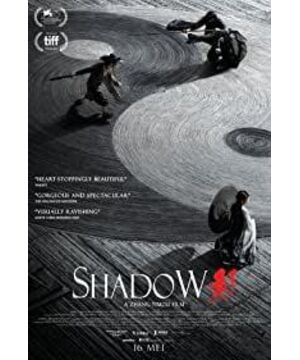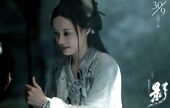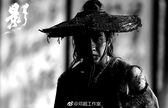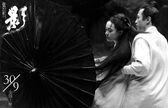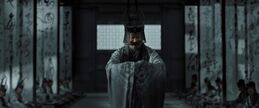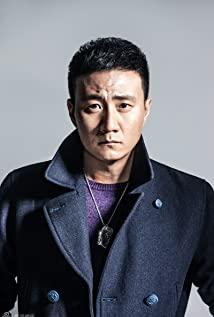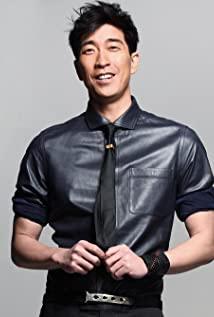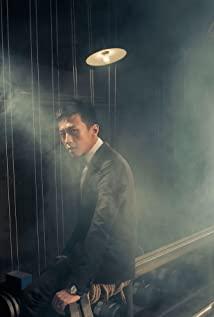"Shadow" is a drama. All the plots are narrated by dialogue, and there is no picture to show. I would like to ask the national teacher, why is it necessary to spend such a large amount of money to stage a drama on the screen? I would like to ask the national teacher, can you figure out the difference between film and drama?
If it weren't for the reversal in the end, the story would actually be pretty good, but because of the use of the artistic technique of drama to show the artistic image of the film, the whole film made people drowsy. When I watched "The Great Wall", I thought that the national teacher failed to choose a good story. Now from "Shadow", the national teacher can't even grasp the basic characteristics of the movie. Even if the story is well structured, it is not well told. As a top Chinese director, why can't you study film theory well! Really chilling.
The artistic image of a film is the story, please tell the story well before considering the artistic style. Show, don't tell. That's how movies tell a story. In "Shadow", the origin of Ziyu and Jingzhou, the relationship between Jingzhou and Xiaoai, the old and new hatred between Peiguo and Yang Cang, etc., it would be great if it could be told through the lens and pictures; Hundred dead soldiers, Qingping's strong force, Yang Cang's 30,000 soldiers, etc., it would be great if they could be paved with cameras and pictures. If so, the problem we are discussing now will be the depth of the film's connotation and thematic ideas, and now this "Shadow" seems to use lenses and pictures, but the narration and foreshadowing are all based on dialogue, which is really stupid the high cost of filming.
The artistic content of "Shadow" is actually biased towards popcorn movies, which is not closely related to reality and does not have much connotation at all. However, the ink painting style meticulously created by the national teacher itself expresses the endless connotation of Chinese culture, and reflects the cultural reality in the artistic style, which is worthy of great praise. It's a pity that as part of the film as a whole, it is a little flashy.
Although Deng Chao played two roles, he not only failed to show his superb acting skills, but also exposed the shortcomings of his acting skills. The intention of distinguishing the two was too obvious, making them both unreal and full, neither of the two roles. independence. In the role of one person playing two roles, Jackie Chan in "Double Dragon Club" can be described as a textbook level. Although Jackie Chan is regarded as a kung fu superstar, what really supports him is actually his excellent acting skills. In fact, Deng Chao has a lot of works, and there are many highlights, but in many places in "Shadow", especially when he played Jingzhou, he failed to enter the play. In fact, the actor's acting skills cannot be evaluated alone. Deng Chao's performance is slightly empty, which is related to the lack of fullness of the characters in the story. Deng Chao himself may not be able to understand the mood of the characters because he does not have enough backgrounds of the characters, so the problem is not entirely the actor. . Moreover, the director's requirements for the actors also determine the performance of the actors. Obviously, the national teacher has no requirements for Guan Xiaotong's performance.
The story of Lord Pei holds up the entire movie, and that's the only place where there's something about it. The performance of this part and the strength of the national teacher's artistic style have prevented "Shadow" from falling into the category of bad movies, but the above problems have made me extremely disappointed and heartbroken. It is hoped that the new generation of filmmakers can learn from the basics of film and art, work steadily, and create new brilliance for Chinese films.
View more about Shadow reviews


